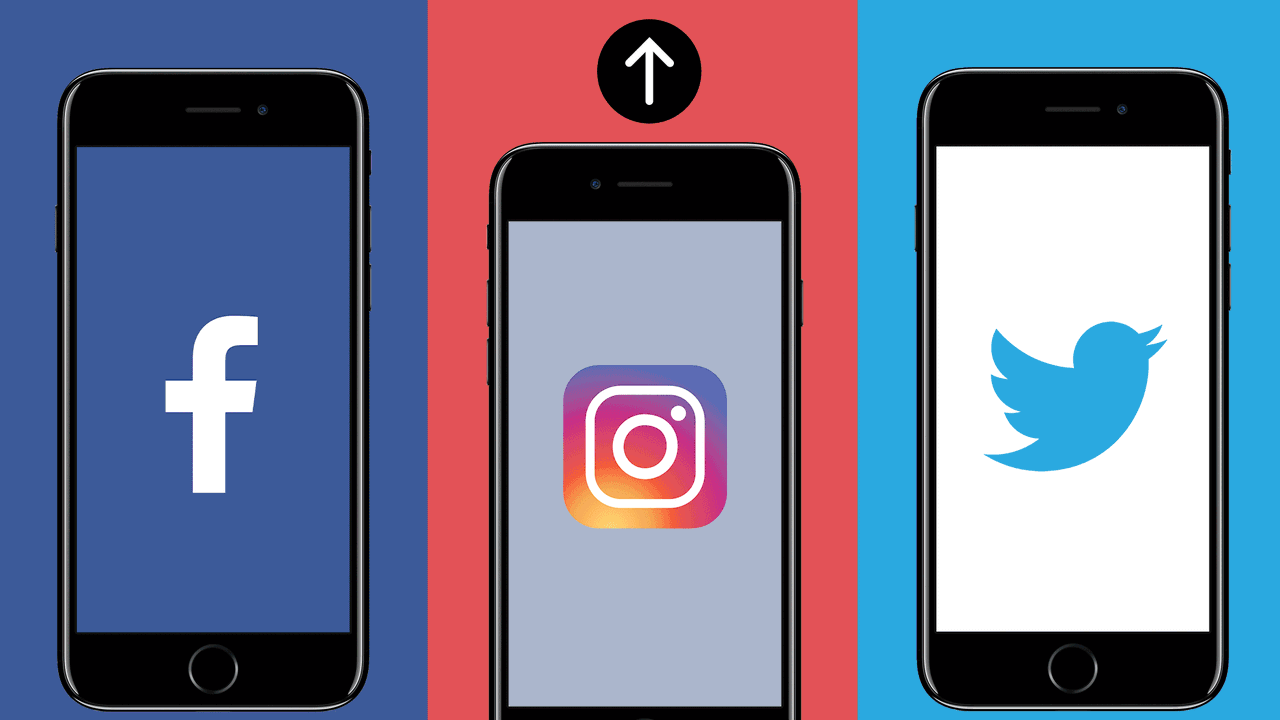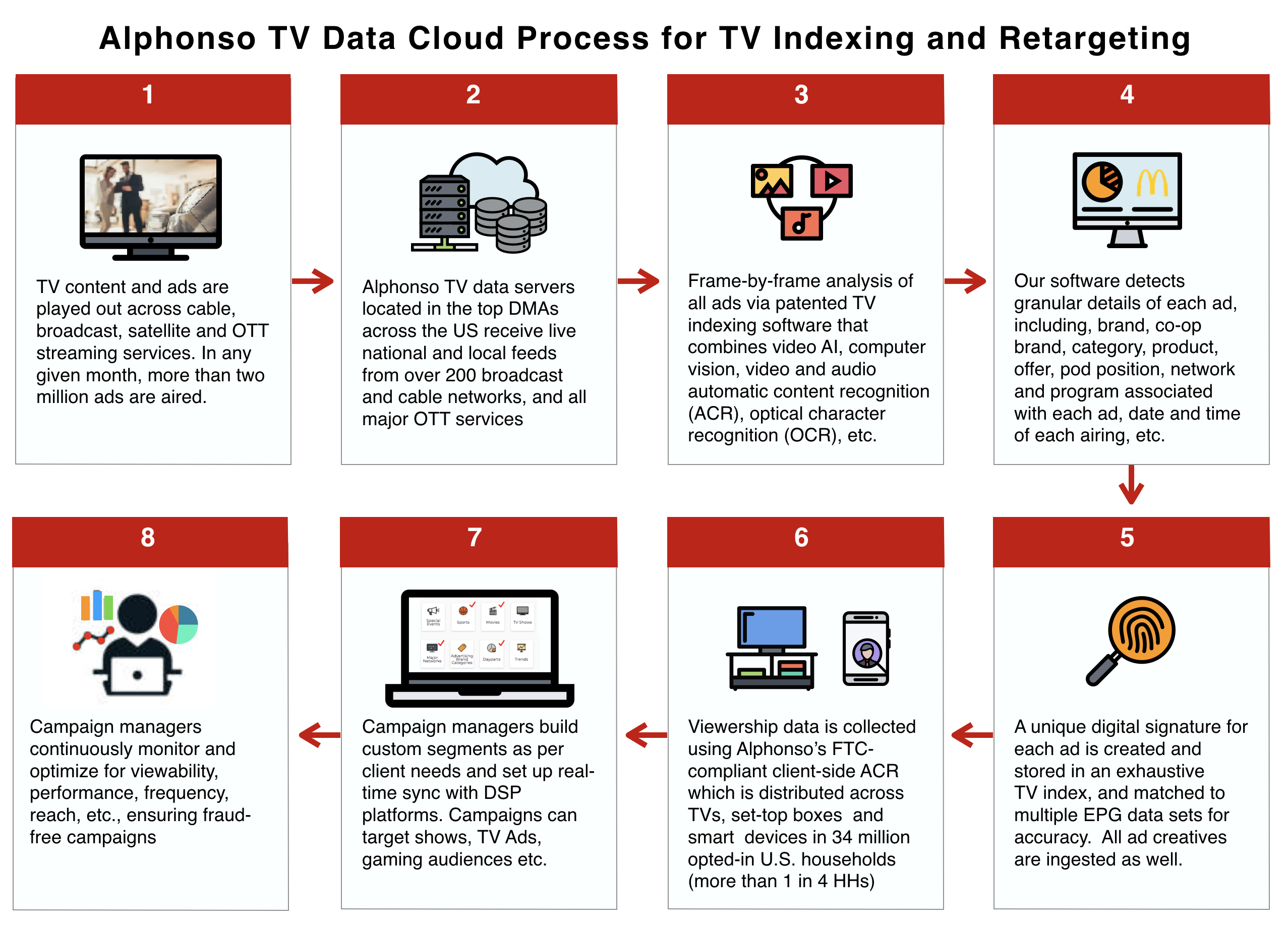
*Gets done playing a football game* “That’s it, I really need a new pair of football boots now.” “Lol bro, don’t blame your shoes just cause you suck at shooting ?” *Checks phone later to view the thousands of notifications from the GF and sees an ad for football boots on newsfeed* “What the…. I was just talking about this a sec ago and I already get an ad for it? ?”
I’m sure a lot of you must have gone through some iteration of such an instance. In fact, you’ve probably seen a ton of people talking about their freaky experiences with ads on social media. I mean we’ve even got memes over how annoyingly weird it can be. So what’s the deal? Is this just eerie coincidence or is the holy trinity of social media (Facebook, Whatsapp & Instagram) really listening in on our conversations? ?

Before we delve deeper into this article, I think it’s important to set the right precedent. We have to remember that we’re in the 21st century now; technological advancement has grown so unabated that most people have developed a casual indifference to its effects ?♂️ Let’s not forget that ‘Big Data’ has immensely changed the way the world functions and it will probably continue to do so, at least for a couple more decades. Now wait a sec, what does Big Data even mean? I don’t believe there’s an agreed-upon definition really but the essential idea is…
Everything we do these days leaves a trace, a digital trace rather ? The phone conversations we have, the transactions we make, the posts we like, they all leave a trail of data and some of the biggest companies in the world have algorithms to analyze that data, identify patterns and transform it into something meaningful.
This data can be used for several different things, to optimize business processes, to predict criminal activity, and probably the largest use: Yep, you guessed it – Targeted Advertising.

Many experts contend that targeted advertising is so good that it’s creepy. According to John Pracejus, director of the school of retailing, University of Alberta, “They know such a scary amount about you that they’re able to guess at the topics that you’re thinking about even without listening in on your verbal conversations. People underestimate the degree to which their online activities are being monitored.” ? David Soberman, professor of marketing at the University of Toronto’s Rotman School doesn’t believe there’s “any evidence” that we are being eavesdropped on.
“I think what happens is people don’t realize that their clickstream path is actually extremely informative of the thought processes that are going on in your mind,” said Soberman. “People only have their own experiences to pull from, but it’s not just your habits being taken into account to predict what ads you might be interested in seeing. Information is sourced from masses of people with similar habits as you to help figure out what you might like next.” ?
“The algorithm is better at knowing how things you think about are related than you are in terms of your own thought process because they have information across millions of people and you only have access to your own experiences,” said Pracejus.
“How much privacy are you willing to trade for convenience, is really I think the big question of the next 5 years.” ?
So are they listening to our conversations? As much as we wouldn’t like to believe, Facebook and its affiliations really aren’t listening to our conversations. For one, collecting and storing such a massive volume of data would be too huge a risk. Moreover, to assume that Facebook AI has the ability to distinguish between a targeted ad opportunity and some spiel to our friends about why we deserve that promotion at work is probably giving technology too much credence ?♂️
So then what is the explanation for the eerily exact ads we’re exposed to? This is where Facebook Pixel comes in. You can check out the link to learn more but essentially, it’s a piece of code that can be added to any website that allows Facebook to collect information about virtually anything you do there; what you spend time reading, what you put in your shopping cart but didn’t buy and even how much time you spend on the website ? This is why you keep seeing ads on Facebook for items you’ve previously looked at on e-commerce websites but haven’t bought; they sort of serve as a reminder to give them your money lol ?
![]()
Antonio Martinez Garcia, a former Facebook engineer and the mastermind behind Facebook Pixel reassures that advertisers really don’t care about the vast majority of our personal data. “It’s just not that useful to know what you’re talking about. Particularly because knowing the words that you’re saying doesn’t really give much insight into what you mean. Human language is overrun with sarcasm, innuendo, double-entendre, and pure obfuscation. We’re narcissists, basically. We think Facebook needs more than it actually does in order to figure us out. And we think marketers actually care about our highly specific preferences, rather than the mostly broad, socially generated ones that really determine whether you’ll purchase any given soda or shirt.”

While most of the apps we use have no ability of really listening to our conversations, there are exceptions…. Well, sort of. Alphonso is a start-up that collects TV viewing data for advertisers, they sell a software that a lot of gaming apps have installed and it can detect audio signals from your TV to track what you watch and what ads you’re exposed to ? The information can then be used to target ads more precisely and to try to analyze things like which ads prompted a person to go to a car dealership. Alphonso said that its software, which does not record human speech, is clearly explained in app descriptions and privacy policies and that the company cannot gain access to users’ microphones and locations unless they agree. A lot of the time however, we agree to terms & conditions without ever reading it ?

A lot of the time, we find that ads serve as an interruption to our experience online. So is there anything we can do to avoid seeing ads altogether? No, unfortunately. However, there are a couple of ways you could mitigate the effect of targeted ads ? For Facebook, click on “Settings,” and then click on “Ads.” That will reveal a list of your interests and everything the company knows about you. From here, you can just remove all your interests and/or select ‘not allowed’ for everything in the ad settings section. This will automatically affect the ads you start getting on Instagram as well ?

Additionally, if you would like to stop seeing a particular ad that keeps popping up on your news feed on Facebook or Instagram, just click the three dots on the side of the post and choose hide ad. Of course, if you would like to ingratiate your paranoia a little further, you could turn off microphone permissions for these apps as well. Although, you won’t be able to send voice notes or take stories properly then ?♂️
After I played around with my ad settings on the apps I frequent (mostly Facebook and Instagram), I have to say I did notice a difference. I wouldn’t waste time looming over an ad anymore; maybe cause the content of the ad wasn’t relevant to me. Anyway, I strongly believe targeted advertising will only get better in the future ? Hopefully, this doesn’t translate into ads getting creepier than it is already. A couple of years down the line, we’ll probably see ads that are personally tailored to us. Something a lot like this scene from the Black Mirror episode ‘Nosedive’.

Only time will tell how ad technology might change our spending habits and consequently our lives. Until then, take solace in the fact that we can scroll past the sometimes intrusive ads….for now. ?
Written and Researched by Jacob Thomas


